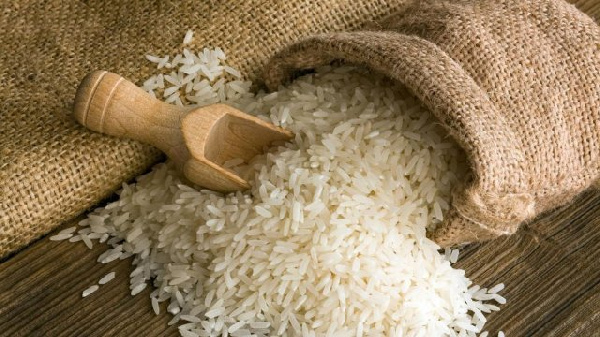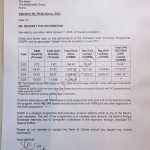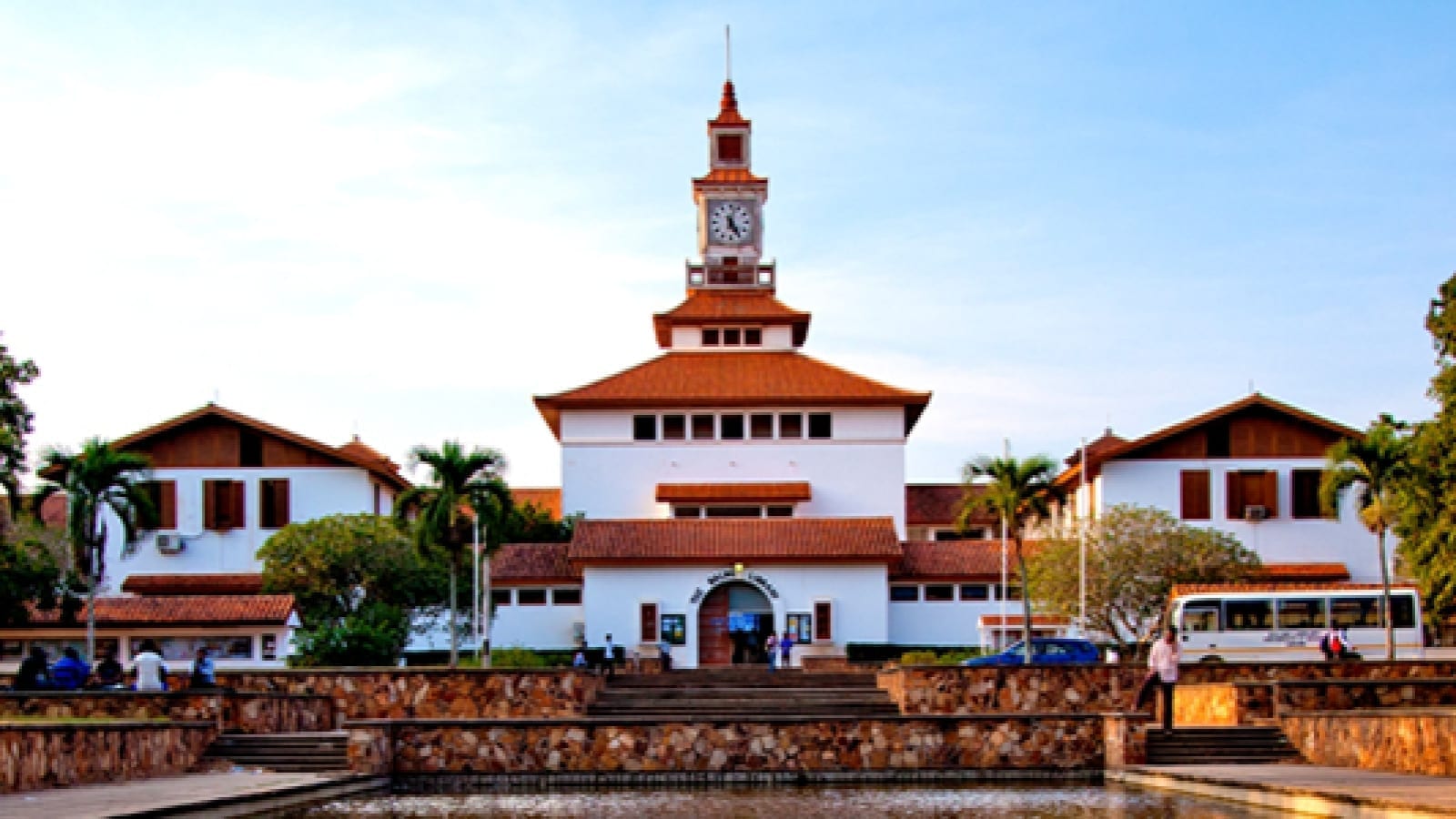Rice farmers across Ghana are decrying the lack of market access for their produce despite claiming they have the capacity to meet the country’s annual rice demand.
According to them, the continued preference for imported rice has left thousands of tonnes of paddy rice unsold, with large quantities at risk of going bad. The situation, they lamented, has made it difficult for many farmers to repay loans contracted for production.
Rice farmer Mr. Duncan Amoah described the situation as dire, noting that several farmers are struggling to recover their investments.
“The 100,000 [bags] is just partial because we are now entering the major harvesting season,” he said. “The money you put in, you can’t recoup it because of labour and other costs. Unfortunately for us, in the public programmes, they are using foreign rice, which is crippling our market for local rice.”
He explained that even though the quality of locally milled rice has improved significantly, with the elimination of stones and impurities, demand remains weak.
“Formerly, they were complaining that there were stones; now that story is completely out. We are producing to meet national consumption, but markets are our biggest problem,” he lamented.
Mr. Amoah revealed that he produced about 940 bags of 80kg rice in 2024 but continues to face challenges selling them.
“When these market women buy your rice, you have a very big problem. You can’t get your money back, and most of the prices are very cheap,” he added.
Responding to the concerns, Mr. Charles Nornoo, Agricultural Transformation Team Lead at the Office of the President, acknowledged the challenges but said the government had initiated steps to address them.
“I think the ministry so far has done well with the steps they’ve taken in providing money to Buffer Stock to mop up what is in the system. I was happy to also hear they are advancing more money for them to mop up the excess produce in the market,” he said.
Mr. Nornoo suggested that the government engage more licensed aggregators to buy surplus rice from farmers and strengthen monitoring to ensure fair pricing.
“We should also increase institutional procurement — national school feeding programmes, prisons, security agencies — to buy from our farmers. We should eat what we grow. And I think with that in place, it will help,” he concluded.





















































![[FREE FREE MONEY] Predict and Win a Guaranteed GH¢200 From Us EVERY WEEK](https://wordpress.ghanatalksradio.com/wp-content/uploads/2022/02/Predict-and-Win-Final-09-03-2021-218x150.jpg)
![[Predict & Win – 8th/Oct.] WIN A Guaranteed ¢200 From Us This Week](https://wordpress.ghanatalksradio.com/wp-content/uploads/2021/10/maxresdefault-16-218x150.jpg)
![[Predict & Win – 2nd] WIN A Guaranteed ¢200 From Us This Week](https://wordpress.ghanatalksradio.com/wp-content/uploads/2021/09/maxresdefault-50-218x150.jpg)
![[Predict & Win – 25th] WIN A Guaranteed ¢200 From Us This Week](https://wordpress.ghanatalksradio.com/wp-content/uploads/2021/09/maxresdefault-36-218x150.jpg)
![[Predict & Win – 18th] WIN A Guaranteed ¢200 From Us This Week](https://wordpress.ghanatalksradio.com/wp-content/uploads/2021/09/maxresdefault-23-218x150.jpg)









![[National cathedral] See full list of churches that have contributed since 2018](https://wordpress.ghanatalksradio.com/wp-content/uploads/2020/09/Ghana-National-Cathedral-GhanaTalksRadio-100x70.jpg)



